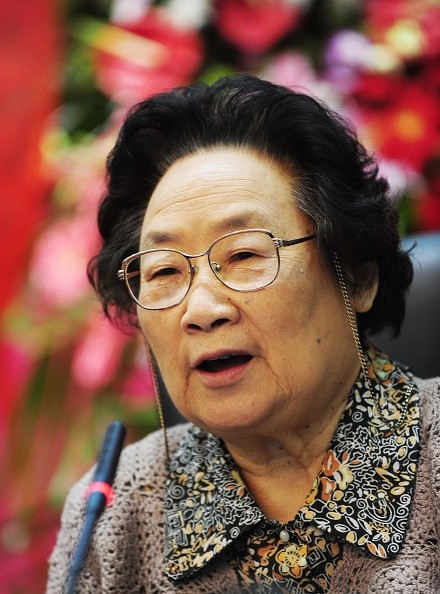The Chinese government has put together a team of specialists in Traditional Chinese Medicine (TCM) to help solve the growing threat of drug resistance. Included in the team is Tu Youyou, China's first Nobel laureate in medicine.
Antimicrobial resistance (AMR) occurs when microorganisms evolve to become resistant to previously effective medicines. According to the Review on AMR, a global report commissioned by the British government, increase in resistance could cause 10 million deaths annually worldwide by 2050.
The report explains that antimicrobials are medicines that actively fight against a range of infections. The infections may be caused by bacteria (antibiotics), viruses (antivirals), fungi (antifungals) and parasites (including antimalarials).
According to Cao Hongxin, head of science and technology at the State Administration of Traditional Chinese Medicine, Western medicine is struggling to battle the problem. However, the situation worsens as antibiotics and other antimicrobials are overused.
Cao said that the Chinese team will investigate on how TCM can be utilized as a part of a comprehensive and dynamic method to stop the growth of AMR. The team will be headed by Wang Guoqiang, vice-minister of the National Health and Family Planning Commission.
"Traditional Chinese remedies are free from drug resistance and could provide alternative solutions," he said.
TCM works to kill harmful microorganisms, diminish their replication, as well as to strengthen immunity, Cao added.
Tu Youyou discovered artemisinin, an antimalarial drug derived from sweet wormwood. Her discovery has caused her to be awarded the Nobel Prize in 2015.
Artemisinin has been used in TCM since ancient times. For decades, Tu has worked with China's leading TCM research institute.
Huang Liuyu, director of the People's Liberation Army's Institute for Disease Prevention and Control, commended the efforts to create more TCM remedies that fight infections.
"TCM substitutes can lower the use of antibiotics and thereby delay the development of antibiotic-resistant microorganisms," Huang said.
"It's usually antibiotics from Western medicine that work stronger and faster in curbing bacteria without drug resistance," he added while explaining that traditional treatments require a more complex set of ingredients and are less likely to develop drug resistance.
AMR is a natural phenomenon that happens over time through genetic mutations. However, the overuse of antimicrobials accelerates the process, said Huang.
According to the Review on AMR, 50 percent of the antibiotics used worldwide annually are used in China, 52 percent of which are used in treating livestock.
The TCM experts have committed to finding solutions to the growing threat of drug resistance.



























